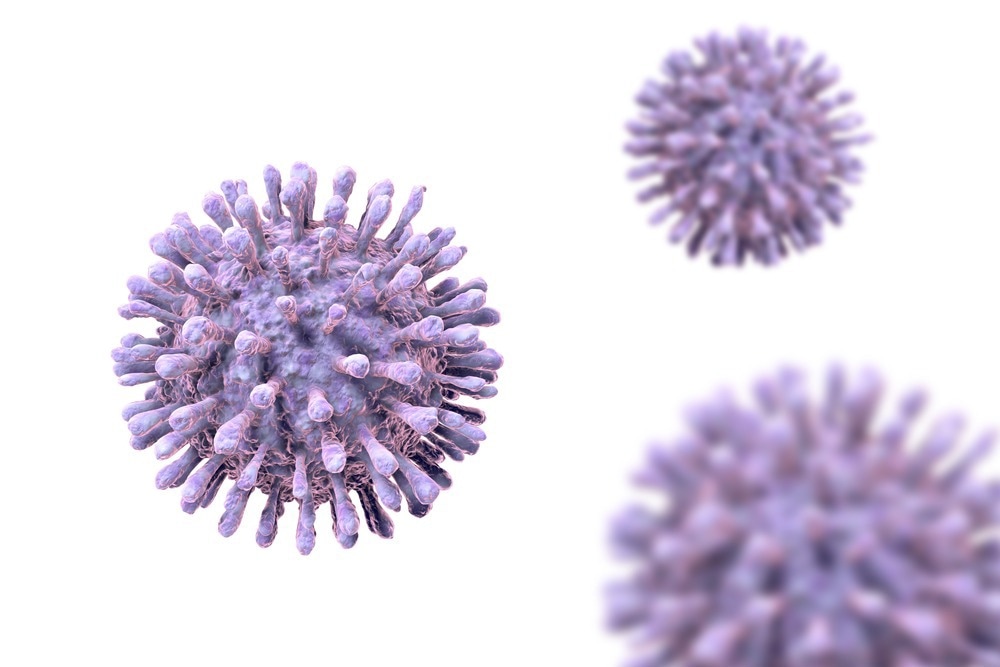Society learned about the usefulness of mRNA during the COVID-19 pandemic when scientists and medical professionals leveraged its power to deliver a vaccine for the virus within a year.

Image Credit: Kateryna Kon/Shutterstock.com
Emmanuel Ho, Associate Professor in the Pharmacy Department University of Waterloo, has developed a unique nanomedicine filled with genetic material called small interfering RNAs (siRNA) to treat human immunodeficiency virus (HIV) via gene therapy. These siRNAs determine whether genes or proteins are switched on or off in the cells and showed a 73% reduction in HIV replication.
Dr. Ho said, “This opens the door for new therapeutics in the fight against HIV.”
He is also working alongside Waterloo’s researchers and entrepreneurs leading health innovation in Canada.
The mechanism that the body utilizes to recycle itself, called autophagy, is crucial for the body's ability to get rid of germs and viruses that live inside the cells. HIV is a very intelligent virus that makes a protein called Nef that stops cells from initiating autophagy.
This is the first study to create a combined nanomedicine that can stop HIV from entering cells and activate autophagy, enabling the human body to rebuild its defenses.
HIV also possesses the CCR5 gene, which permits the virus to enter a cell. The siRNAs lower HIV infection by targeting both CCR5 and Nef.
This nanomedicine is meant to be applied vaginally to prevent HIV from being transmitted through intercourse. Because of this, the nanomedicine is made to be stable in the acidic vaginal environment and not leak siRNAs, but to release the siRNA once within the cells.
Viruses are smart. They produce Nef proteins to prevent autophagy from occurring and our process allows our body to fight the viral infection without needing additional drugs.”
Dr. Emmanuel A. Ho, Associate Professor, University of Waterloo
According to Ho, the next steps involve refining the procedure even more and gaining a better knowledge of the part autophagy plays in the cells' defense against viruses.
We also hope this will shed some light to develop more alternative approaches to effectively reduce antimicrobial resistance.”
Dr. Emmanuel A. Ho, Associate Professor, University of Waterloo
The research was published in the Journal of Controlled Release.
Source:
Journal reference:
Yang, S., et.al. (2024) pH-sensitive dual-preventive siRNA-based nanomicrobicide reactivates autophagy and inhibits HIV infection in vaginal CD4+ cells. Journal of Controlled Release. doi.org/10.1016/j.jconrel.2023.12.043